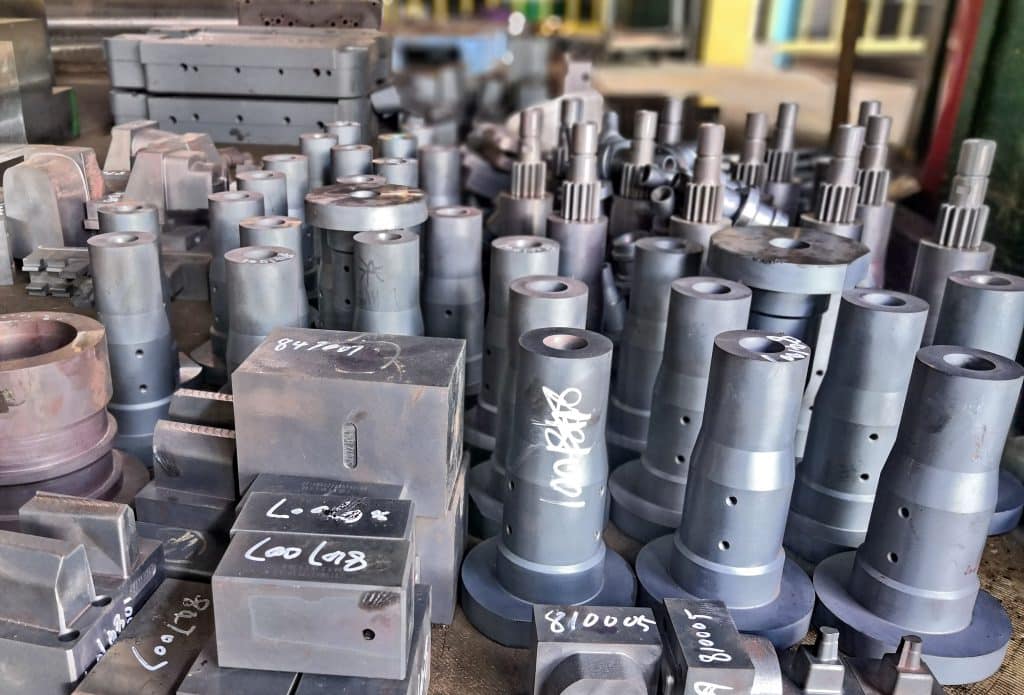Ensuring the timely supply of special steel products is crucial for maintaining efficient operations and meeting project deadlines. Here are key strategies to enhance the reliability of the supply chain for special steel:
Effective Demand Forecasting:
Accurate Forecasts: Invest in robust demand forecasting processes to accurately predict the need for special steel products.
Regular Reviews: Conduct regular reviews of demand forecasts and adjust them based on market trends and changes in project timelines.
Strategic Inventory Management:
Safety Stock: Maintain a safety stock of critical special steel products to mitigate the impact of unexpected demand spikes or supply chain disruptions.
Just-In-Time (JIT): Implement JIT inventory systems for special steel items with predictable demand patterns to minimize holding costs.
Supplier Relationship Management (SRM):
Open Communication: Foster transparent and open communication with key suppliers to stay informed about production lead times, potential delays, and any challenges.
Collaborative Planning: Collaborate closely with suppliers on production schedules, lead times, and order fulfillment to align with project timelines.
Supplier Diversification:
Multiple Suppliers: Diversify the sources of special steel products by working with multiple reliable suppliers to reduce the risk of disruptions from a single source.
Risk Assessment: Assess and monitor the potential risks associated with each supplier, including geopolitical factors and natural disasters.
Clear Contractual Agreements:
Clearly Defined Terms: Ensure that contracts with suppliers clearly define lead times, delivery schedules, and penalties for delays.
Flexibility: Negotiate flexibility clauses in contracts to accommodate changes in project timelines or unexpected circumstances.
Advanced Notification Systems:
Automated Alerts: Implement automated notification systems that provide early alerts for any potential delays in the supply chain.
Real-Time Tracking: Utilize real-time tracking technologies to monitor the movement of special steel products during transit.
Streamlined Procurement Processes:
Efficient Order Processing: Streamline procurement processes to reduce lead times for placing and processing orders.
Electronic Procurement: Implement electronic procurement systems to minimize manual errors and expedite order processing.
Cross-Functional Collaboration:
Integrated Planning: Foster collaboration between procurement, production, and project management teams to ensure that special steel requirements align with overall project timelines.
Regular Meetings: Conduct regular cross-functional meetings to review project progress, identify potential bottlenecks, and adjust plans accordingly.
Emergency Response Plan:
Contingency Planning: Develop and maintain an emergency response plan to address unexpected events that may disrupt the supply chain.
Alternative Suppliers: Identify alternative suppliers and logistics partners that can be activated in case of emergencies.
Continuous Improvement:
Post-Event Analysis: Conduct post-event analyses after supply chain disruptions to identify root causes and implement improvements.
Feedback Mechanisms: Establish feedback mechanisms with suppliers to continuously refine and optimize supply chain processes.
By implementing these strategies and maintaining a proactive and collaborative approach, you can enhance the reliability of the supply chain for special steel products and ensure timely deliveries to meet project requirements.

